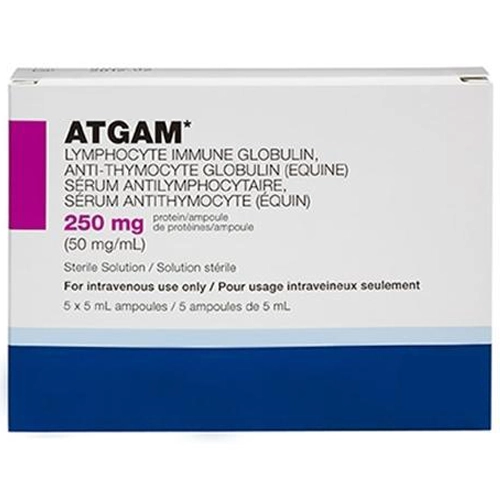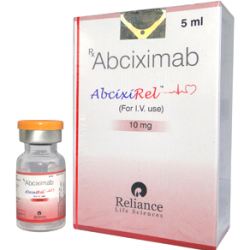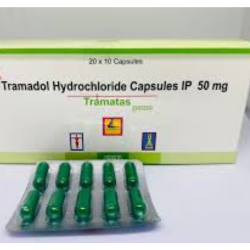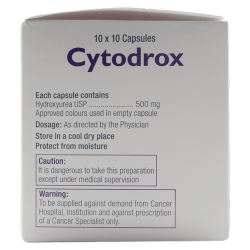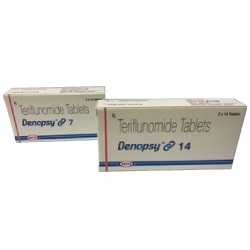Description
- Renal transplant rejection.
- Aplastic anemia (moderate to severe) in patients not suitable for bone marrow transplantation.
Anti-thymocyte Globulin (ATG) is intended for intravenous use only. It is used with concomitant immunosuppressants. During repeat courses of Anti-thymocyte Globulin, observe patients for signs of allergic reactions.
Renal Transplant Rejection:The recommended dose is 10 to 15 mg/kg daily administered intravenously for 14 days. Additional therapy (alternate-day) up to a total of 21 doses can be given.
Aplastic Anemia (Moderate to Severe):The recommended dose is 10-20 mg/kg daily administered intravenously for 8-14 days. Additional therapy (alternate-day) up to a total of 21 doses can be given. Because thrombocytopenia can be associated with the administration of atg injection, patients receiving it for aplastic anemia may need prophylactic platelet transfusions in order to maintain platelets at clinically acceptable levels. Select the dose of ATG for an elderly patient with caution, initiating at the low end of the dosage range.
Side Effects:The most commonly reported side effects due to Anti-thymocyte Globulin include:
- pyrexia
- chills
- rash
- leukopenia
- arthralgia
- thrombocytopenia
- Do not administer Thymoglobulin/Anti-thymocyte globulin (Rabbit) to a patient who has had a systemic reaction (e.g., anaphylactic reaction) during prior administration of this medicine or any other equine gamma globulin preparation.
- Severe immune-mediated reactions have been reported with the use of Anti-Thymocyte Globulin. Clinical signs linked with anaphylaxis, other infusion linked reactions, and serum sickness have been reported. Discontinue therapy if anaphylaxis occurs. A systemic reaction such as a generalized rash, dyspnea, tachycardia, hypotension, or anaphylaxis precludes any additional administration of injection.
- Because ATG is made from equine and human blood components, it may carry a probability of transmitting infectious agents, e.g., viruses, and, theoretically, the Creutzfeldt-Jakob disease (CJD) agent. Assess patients for concurrent infection. Some findings have suggested an increase in the incidence of cytomegalovirus infection in patients receiving ATG.
- Avoid administering live vaccines to patients about to receive, receiving, or after treatment with Anti-Thymocyte Globulin (ATG). Concomitant administration of ATG with live virus vaccines carries a risk of uncontrolled viral replication in the immunosuppressed patient. There is not enough information to fully define the extent of the risk, or the period of time during which the risk exists. If used, live viruses may interfere with ATG treatment.
- In patients with aplastic anemia and other hematologic abnormalities who have received atgam injection, abnormal tests of liver function (alkaline phosphatase, SGOT, SGPT) and renal function (serum creatinine) have been observed.

